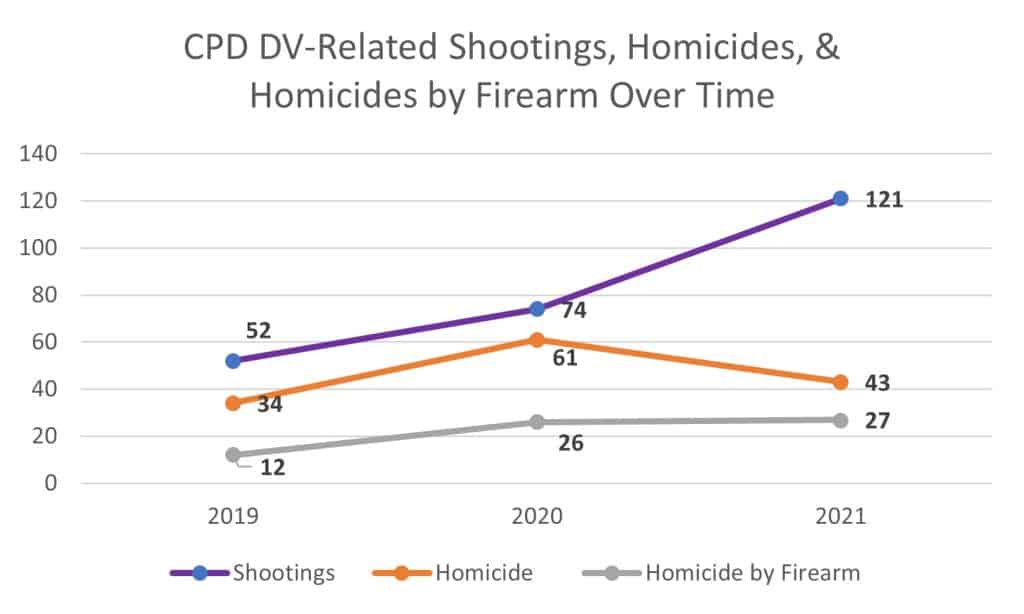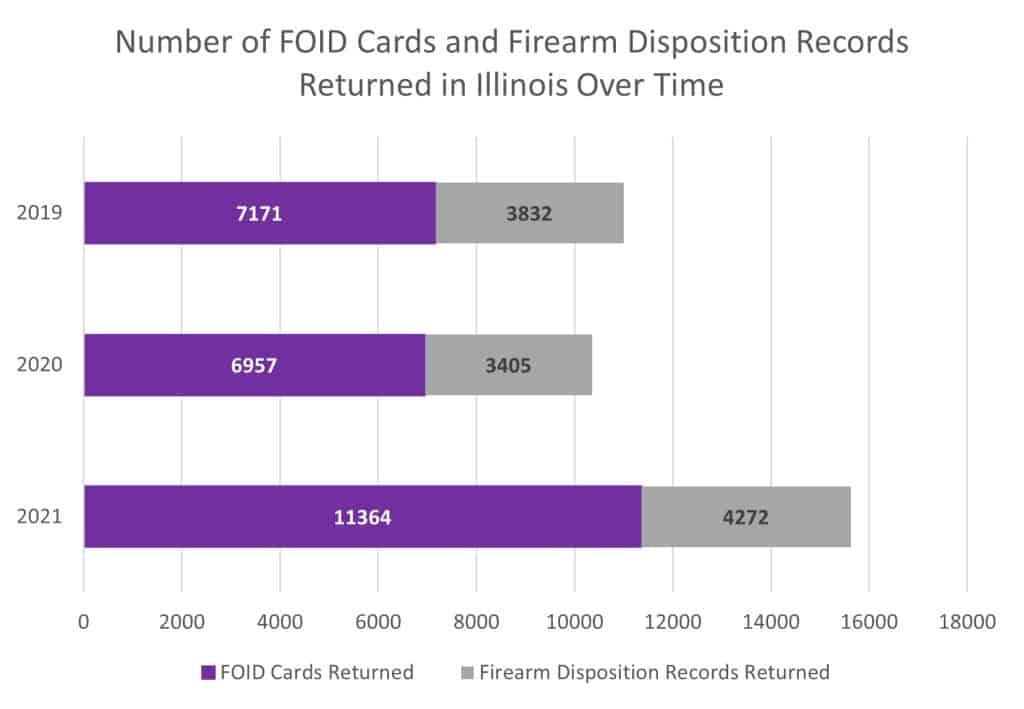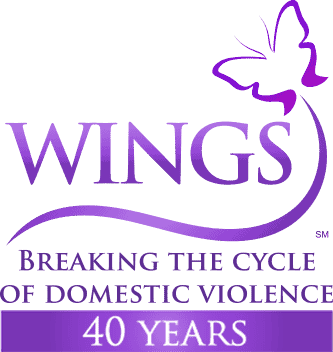Closing the Boyfriend Loophole – Gun Legislation and Domestic Violence
- Posted by Sarah Swiston
- On December 15, 2022
- Bipartisan Safe Communities Act, Boyfriend loophole, chicago metropolitan area, Chicago suburbs, Domestic Violence, domestic violence agency, domestic violence and guns, domestic violence organization, DV agency, End Domestic Violence, gun control, gun legislation, gun legislation and DV, gun policies, gun violence, gun violence and DV, guns, non-profit, northwest chicago, WINGS, WINGS Program
In domestic violence relationships, the presence of a gun in the home increases the risk of homicide by 500%. This summer, closing the boyfriend loophole, gun legislation, and domestic violence was being discussed in federal legislation.
This month marks the 10-year anniversary of the Sandy Hook school shooting. Earlier this year, mass shootings at another elementary school in Uvalde, Texas and a grocery store in Buffalo, New York brought forward renewed efforts to create new federal gun legislation. Read below to learn about the boyfriend loophole, new federal legislation, and the impact of guns on domestic violence.
What is the Boyfriend Loophole?
The boyfriend loophole refers to the law that prevents people convicted of domestic abuse from owning a gun. Prior to June 25, 2022, the law only applied to people:
• who are married,
• living together, or
• have a child with the survivor.
 Ex-boyfriends and stalkers with previous convictions or restraining orders were still allowed access to guns, which created the “boyfriend loophole.”
Ex-boyfriends and stalkers with previous convictions or restraining orders were still allowed access to guns, which created the “boyfriend loophole.”
More than a thousand women are killed by intimate partners every year in the United States based on FBI and CDC data from a pre-pandemic 2018 study.
That same study found, about half of the intimate partner homicides in the United States were committed by an unmarried partner.
Did New Legislation Close the Boyfriend Loophole?
On June 25, 2022, the Bipartisan Safe Communities Act was signed into law, which narrowed the boyfriend loophole. Through this law, people convicted of violence in dating relationships are denied access to firearms for five years. The provision says their gun owning rights can be restored if they have a clean record for five years, although the act does state some exceptions for being reinstated including: spouses, parents, guardians, and cohabitants.
- However, this is not a permanent denial of access. Spouses receive permanent denial of access for the same types of violence.
- Does not impact those with only restraining orders and no convictions.
Advocates view this law as a step in a safer direction for domestic violence survivors. Nineteen states had previously adopted laws prohibiting abusive dating partners, people convicted of domestic violence crimes, and stalkers from obtaining firearms, including Illinois.
The Bipartisan Safe Communities Act is the first major federal firearms law in nearly three decades.
In March 2022, some lawmakers attempted to add the boyfriend loophole to the recertification of the Violence Against Women Act. However, they were unsuccessful at that time.
Gun Violence and Domestic Violence in Chicago
According to The Network Advocating Against Domestic Violence 2022 Annual Report, 63% (27 out of 43) of domestic violence homicides utilized firearms in Chicago in 2021. This percentage has grown over the past several years according to data received from the Chicago Police Department.
Although the number of domestic violence related homicides decreased over 2020, the number of DV shootings increased 64% (from 74 to 121).

Adapted from “Measuring Safety – Gender-Based Violence in Illinois – Data Report 2021” by The Network Advocating Against Domestic Violence, 2022, page 32, Source: CPD
Firearms in Illinois
Another troubling factor revealed in The Network’s Annual Report relates to Firearm Owner Identification (FOID) card revocations. In 2021, over 11,000 FOID cards were revoked by the Illinois State Police. The number of FOID cards revoked for domestic violence-related charges was not disclosed. However, domestic violence has previously been cited as the leading reason for these revocations.
Of the more than 11,000 revocations, only 4,000 individuals, 38% also returned their firearm disposition record. Essentially, over 60% of individuals who had their FOID cards revoked did not account for their firearms. With thousands of guns unaccounted for, domestic violence survivors are living in high-risk situations.

Adapted from “Measuring Safety – Gender-Based Violence in Illinois – Data Report 2021” by The Network Advocating Against Domestic Violence, 2022, page 33, Source: Illinois State Police.
Takeaways
Although challenges remain regarding guns and domestic violence, recent federal legislation represents progress in recognizing the danger survivors face. While the average length of time couples date has increased, violence in relationships occurs regardless of marital status.
WINGS and other domestic violence agencies are here to assist survivors with safety planning, housing, counseling, and more. Although abusers tend to use isolation and fear, WINGS wants survivors to know that help is available. You are not alone.
Help is available!
 The most dangerous time for a domestic violence survivor is when they are preparing to leave their abuser. WINGS is available to help survivors of domestic violence with critical safety planning and emergency Safe Houses.
The most dangerous time for a domestic violence survivor is when they are preparing to leave their abuser. WINGS is available to help survivors of domestic violence with critical safety planning and emergency Safe Houses.
Domestic Violence 24-Hr Hotline: 847.221.5680
WINGS comprehensive approach ranges from emergency Safe Houses, Transitional Housing, Community-Based Services, and comprehensive children’s services. Click here to learn more.
Are you interested in helping domestic violence survivors? Click here to learn about ways to get involved.


0 Comments